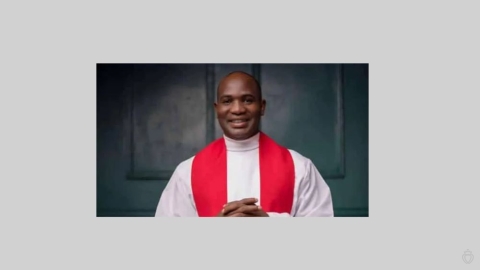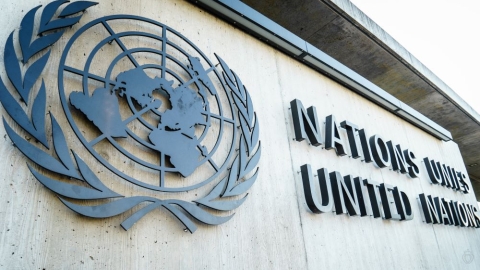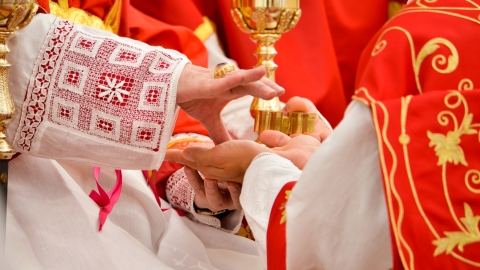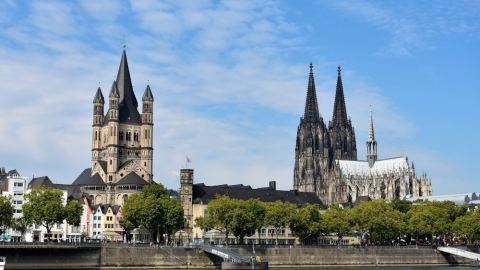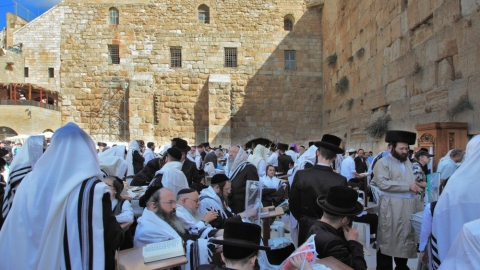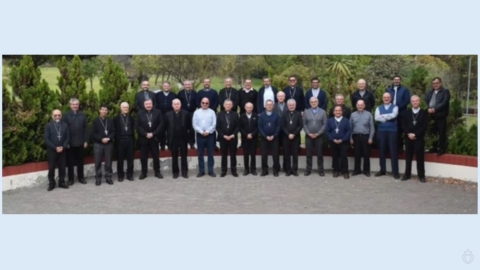China: Two Years After the Secret Agreement, the Facts

La croix brûle tandis que flotte le drapeau chinois
On September 22, the Provisional Agreement signed in 2018 between the Holy See and China on the appointment of bishops will expire, announced Bishop Claudio Maria Celli, president emeritus of the Pontifical Council for Social Communications and one of the negotiators of the Agreement.
Since the signing of this, still-secret Agreement, Bishop Celli has recognized that it “is not an easy path,” given that there are “obstacles that remain” and “situations that leave us more than concerned, I would even say worried.” But, the Holy See “wants to move forward and arrive at a normality where the Chinese Catholic Church can fully express its fidelity to the Gospel and also the fact of being Chinese.”—How can one imagine loyalty to the Catholic Church and the Chinese Communist Party which reigns supreme over the country?
“The Catholic Church in China must be fully Chinese, but fully Catholic! There is no allowance to be made,” Bishop Celli said without batting an eye in an interview with Italian television station TGCOM24 on June 7. While specifying: “I think that we will probably have to reconfirm [the Provisional Agreement] for one or two years, but the Holy See has not yet made a decision on this matter to communicate to the Chinese authorities.”
Faced with the utopian ideas of Vatican diplomacy, the tragic reality of facts rises. Indeed, AsiaNews, the Italian agency of the Pontifical Institute for Foreign Missions, has launched an investigation into the situation of the Church in China, two years after the signing of the Agreement between the Chinese government and the Holy See. The survey is being conducted among bishops, priests, and lay faithful, asking them to tell how their communities’ lives have changed and how their faith has changed since the Accord. Since mid-July 2020, these testimonials have been published as they reach the newsroom, using pseudonyms for security reasons. Here are some excerpts.
Marie, northern China: “A few years ago, when crosses in Zhejiang were removed, I had already felt that a crisis was approaching and that sooner or later this land would be swept by it. Starting in 2018, parishes in Henan province began to live in anxiety. …We have made several compromises, accepted every request however difficult, devised solutions and continued to compromise, not knowing when we would have crossed our limit of faith. The external walls of the church are covered with many rules about Chinese culture and church administration; the [Chinese Communist] flag flies on the bell tower, next to the cross, as if to replace the light of the cross. Churches have just reopened after the pandemic.
[Government officials] have already come many times on Sunday, on the pretext of monitoring COVID-19, imposing many limitations, saying that minors cannot enter the church, that registrations of the faithful admitted to the church are not complete, that spacing lines must be drawn on the floor, that spacing signs must be hung, etc., all this with repeated threats of closure.”
“As for the Agreement, I want to believe that the Pope wants to fight for us, to guarantee us a little more room. But all this does not stop them (government officials) from seeking to control everything. I don't know if the situation would have been worse without the agreement. Perhaps it would have. But one thing is certain: With the Agreement, the situation has not improved. I never thought that the Pope or any other Church person could understand and take on the burden we have to endure, but I am sure that with the prayers of the whole Church, Jesus Christ will save us.”
Fr. Francis, northeastern China: “After the signing of the Sino-Vatican Agreement, the religious policies of our diocese have not been loosened, in reality they have been further tightened. Authorities often gather priests for training courses, push underground priests to join the Patriotic Association, arrest them by taking them to secret places to brainwash them. They even go as far as to claim that the religious policies remain the same with the Agreement, that they have not changed. Before the Agreement some parishes could still celebrate Mass in the homes of the faithful; with the Agreement, however, temporary places of prayer have been closed; the faithful who host the Mass are threatened, arrested and fined, and they are forced to sign a document in which they promise that they will no longer host the priests. With the Agreement, the bishops of the underground diocese are illegally arrested. The underground Church and its faith are facing the greatest difficulties.”
Fr. John, priest, northern China: “Most critically, the Pope has perhaps underestimated some people’s desire for power, their willingness to hold total control over the Church. I can guarantee you that the pressure exerted on the Church in various places is getting greater and greater, until she is destroyed or at least her influence is weakened, except where the Church replaces the source of her faith with that of the ‘Great Leader Kim il-sung’ [a caustic moniker for Xi Jinping]. In some places, such replacement has already been done. In a sense, the Agreement has almost legitimized the pursuit of this goal. If the Pope had not unconsciously justified this, this would have continued without hesitation, the only difference being that its promoters would have lacked a screen to hide their intent. For example, a parish has already registered, with a ban on minors going to church, on pain of being shut down. In one parish, minors are already not allowed to go to church; and later, when the church seemingly failed to comply with coronavirus restrictions, it was closed to the public… I think that the Pope cannot save us from this situation. The best thing is to leave things be, or perhaps wait [for a solution] in the next generation.”
The Catholic authorities of the province of Shandong, in eastern China, are preparing a seminar on the “sinisation” of the Church in China, the agency of Foreign Missions of Paris, Églises d’Asie (EDA) reported on August 1st. The Shandong Chinese Catholic Patriotic Association (CPA) and the Provincial Church Affairs Committee (CAC) titled this session “Catholic Theology Taught in a New Era.” On July 17, a note published by the organizers asked priests to prepare teachings on the interpretation of Catholic faith and thought adapted to Chinese tradition and culture. The message was sent to the nine dioceses of Shandong.
Two priests reacted to this ideological recruiting operation. Fr. Pierre asserts that those who participate in the sinisation program will betray the Church by taking part. “I cannot accept the authority of an atheist party, it is absurd,” he explains, adding that Christians can absolutely accept in itself, Chinese painting, architecture, and literature, as expressions of faith. But, he believes that attempts to use traditional Chinese culture as a tool to interpret the Christian faith are meant to strengthen the Church’s submission to the Party.
For his part, Fr. Joseph denounces the role of the organizers of the seminar. “The Patriotic Association of Chinese Catholics is not at all a bridge between the government and the Church. It’s a government-manipulated puppet,” he said. And he adds that the current bishops have been made obedient to the central power in Beijing by participating in Party activities and wearing vestments in the colors of the Party for photographers.
Zhang Qiang, a Catholic from Shandong, said, for his part, that the number of faithful is decreasing in the region, because the “priests do not evangelize.” “Each death means one less Catholic. Even the number of priests is decreasing,” he laments.
(Sources : cruxnow/oldyosef/asianews/eda – DICI n° 399, août 2020)
